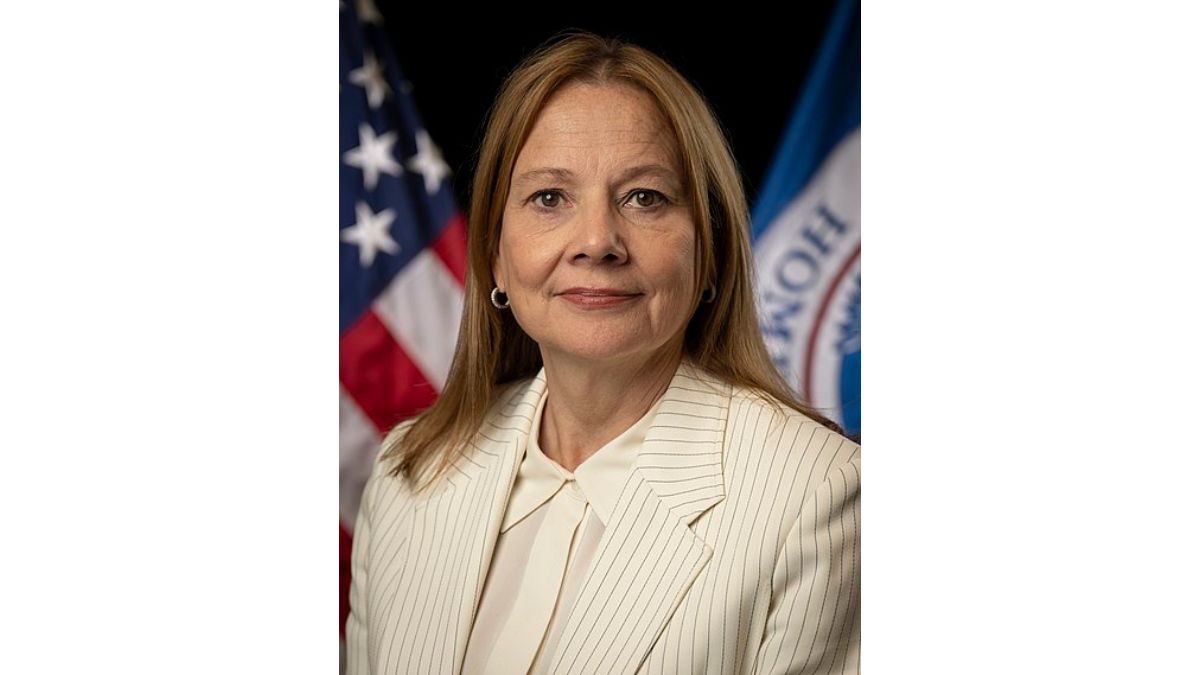Jane Fraser: The Force Behind Citigroup’s Digital Revolution and Global Expansion

As the first female CEO of a major Wall Street bank, Jane Fraser has emerged as a trailblazer in the financial industry. Fraser is a seasoned professional with an outstanding record. Her rise to the top of Citigroup symbolises not only her own accomplishments but also the dismantling of barriers for women in an industry that has historically been dominated by men. She is regarded as one of the most significant individuals in international finance because of her leadership, which has been characterised by creativity, tenacity, and an emphasis on social responsibility.
Early Beginnings and Academic Foundations
Jane Fraser, who was born on July 13, 1967, in the United Kingdom, grew up with a solid academic foundation and a keen interest in business. She attended prominent institutions after growing up in an education-focused family. Fraser attended St. George’s School in Edinburgh, Scotland, and then earned a degree in economics from the University of St. Andrews. Her academic success was only the beginning of what would be an extraordinary career.
Fraser earned an MBA at Harvard Business School after finishing her undergraduate degree, where she honed her financial acumen and strategic thinking skills, which would later define her leadership style. Harvard Business School’s rigorous curriculum exposed Fraser to the most cutting-edge business methods and theory, solidifying her ambition to enter the world of finance.
Starting a Career in Consulting and Banking
Fraser’s finance career began in the late 1980s, when she joined McKinsey & Company, a management consulting firm that would serve as the foundation for her future success. During her time at McKinsey, she immediately became known for her keen analytical talents and strategic insights. She worked with a wide range of clients, obtaining vital knowledge that would define her career in the corporate sector.
Fraser began his career in finance in the early 1990s, including a post with Citigroup in 2004. Over time, she would take on several jobs inside the corporation, eventually rising through the ranks to become one of the most powerful executives in banking. Her extensive background includes banking, consulting, and leadership roles would become essential in her rise to the top.
Ascending the Ladder at Citigroup
Fraser’s career at Citigroup began with her appointment as Head of Latin America Division. In this post, she was in charge of Citigroup’s activities in 24 countries in the area. Her performance was outstanding, and she expertly handled the challenges of emerging markets, developing connections and growing Citigroup’s presence in important Latin American economies.
Her achievements in Latin America set the stage for a series of promotions. Fraser advanced to leadership positions, expanding her knowledge of numerous aspects of banking, such as risk management and corporate strategy. She played a critical part in Citigroup’s recovery from the 2008 financial crisis, proving her capacity to navigate through complicated economic challenges.
Fraser’s rise continued with her appointment as CEO of Citigroup’s Global Consumer Banking segment in 2015. In this job, she was responsible for increasing the company’s consumer banking services, fostering innovation in digital banking, and directing worldwide operations in important areas. Fraser’s ability to detect and respond to developing industry trends became one of her defining qualities.
By 2019, Fraser’s name was on the short list for Citigroup’s CEO position. Her appointment was announced in March 2021, and she became the first female CEO of a major Wall Street bank. Her promotion was a watershed moment not only for Citigroup, but for the entire financial industry, which had long been dominated by men.
Leading Citigroup into a New Era
On March 1, 2021, Fraser officially took over as CEO of Citigroup. Her nomination was heralded as a watershed moment for women in banking, as she became the first woman to run a major Wall Street bank. Fraser faced a number of challenges in her new role, including navigating the ongoing economic fallout from the COVID-19 pandemic and leading Citigroup through a rapidly evolving financial landscape characterised by digital transformation, increased regulatory scrutiny, and growing demands for social responsibility.
Citigroup has seen substantial adjustments throughout Fraser’s tenure. One of her primary goals has been to redirect the bank’s efforts towards its core competencies and streamline its operations. She revealed intentions to sell Citigroup’s retail banking businesses in 13 countries, with the goal of reducing the company’s worldwide footprint and improving efficiency. This plan matches her leadership style, which prioritises long-term sustainability while navigating issues that may impede growth.
In addition to restructuring Citigroup’s operations, Fraser has emphasised the value of diversity and inclusion. She has led efforts to increase gender equality and empower women at the bank. As a leader, Fraser has been a champion for advancing women into top positions and offering equitable possibilities for career development, not just for women but for underrepresented groups as a whole.
Fraser has also taken the lead in making Citigroup a more socially responsible firm. She advocated for increased transparency in the bank’s environmental, social, and governance (ESG) programs. Under her leadership, Citigroup has vowed to attain net-zero emissions by 2050 and has greatly boosted its investments in sustainable projects. Fraser’s emphasis on ESG has become a defining feature of her leadership style, and she has received recognition for linking Citigroup’s corporate aims with broader societal aspirations.
Leadership Philosophy and Vision for the Future
Fraser’s leadership style is frequently characterised as collaborative, strategic, and visionary. She prioritises empowering others, cultivating an open atmosphere, and encouraging creativity within her teams. Fraser, as CEO, has adapted quickly to the changing business environment and is well-known for her ability to balance short-term obstacles with long-term ambitions.
One of her key convictions is the value of digital transformation in the banking sector. She has overseen Citigroup’s attempts to incorporate modern technology and digital solutions, allowing the bank to compete with fintech businesses while also staying ahead of developing banking trends. Fraser’s focus on innovation has helped Citigroup maintain its competitiveness in an increasingly digital world.
Fraser is also well-known for her work as a mentor and advocate for female employees. She frequently emphasises the significance of nurturing the next generation of female leaders and has made substantial efforts to provide opportunities for women to achieve at all levels of Citigroup.
Personal Life and Contributions Beyond Banking
Beyond her professional accomplishments, Jane Fraser is well-known for her dedication to family and philanthropy. She is married to Richard (Rick) D. Fraser and they have two children. She has stayed active in a variety of humanitarian organisations, including those promoting education, women’s empowerment, and sustainability.
Fraser’s legacy is still being written, but her contribution to cracking the glass ceiling at Citigroup will be recognised as a watershed moment in the financial industry. As she continues to lead Citigroup into a new era, Jane Fraser demonstrates that gender no longer defines banking leadership, but rather vision, innovation, and the capacity to navigate complicated challenges.
Through her pioneering leadership, Jane Fraser has not only shaped the future of Citigroup but also paved the way for more women to rise to the top in global finance, leaving an indelible mark on the industry and society.
Also read: Mary Barra: Pioneering Leadership in the Automotive Industry









